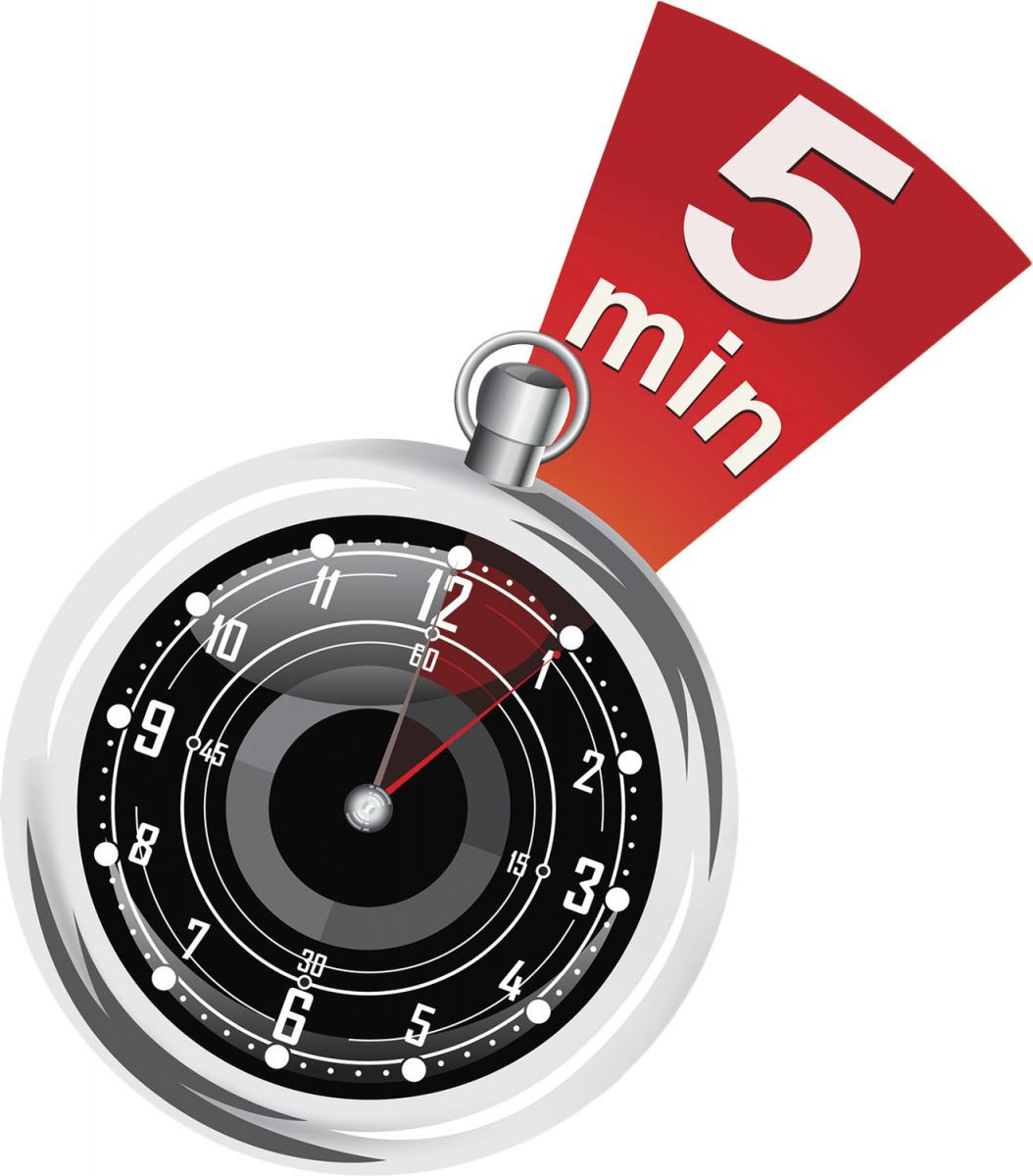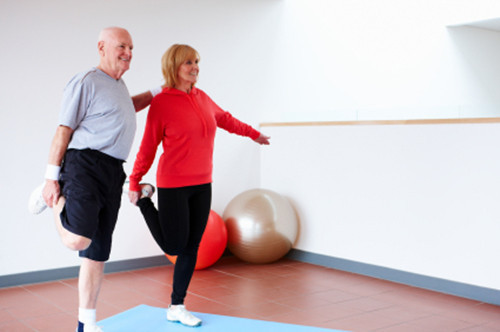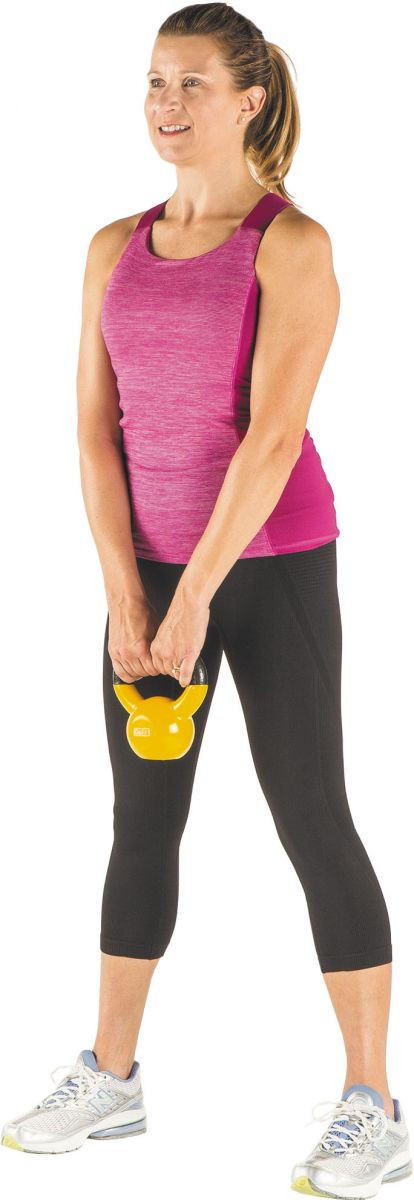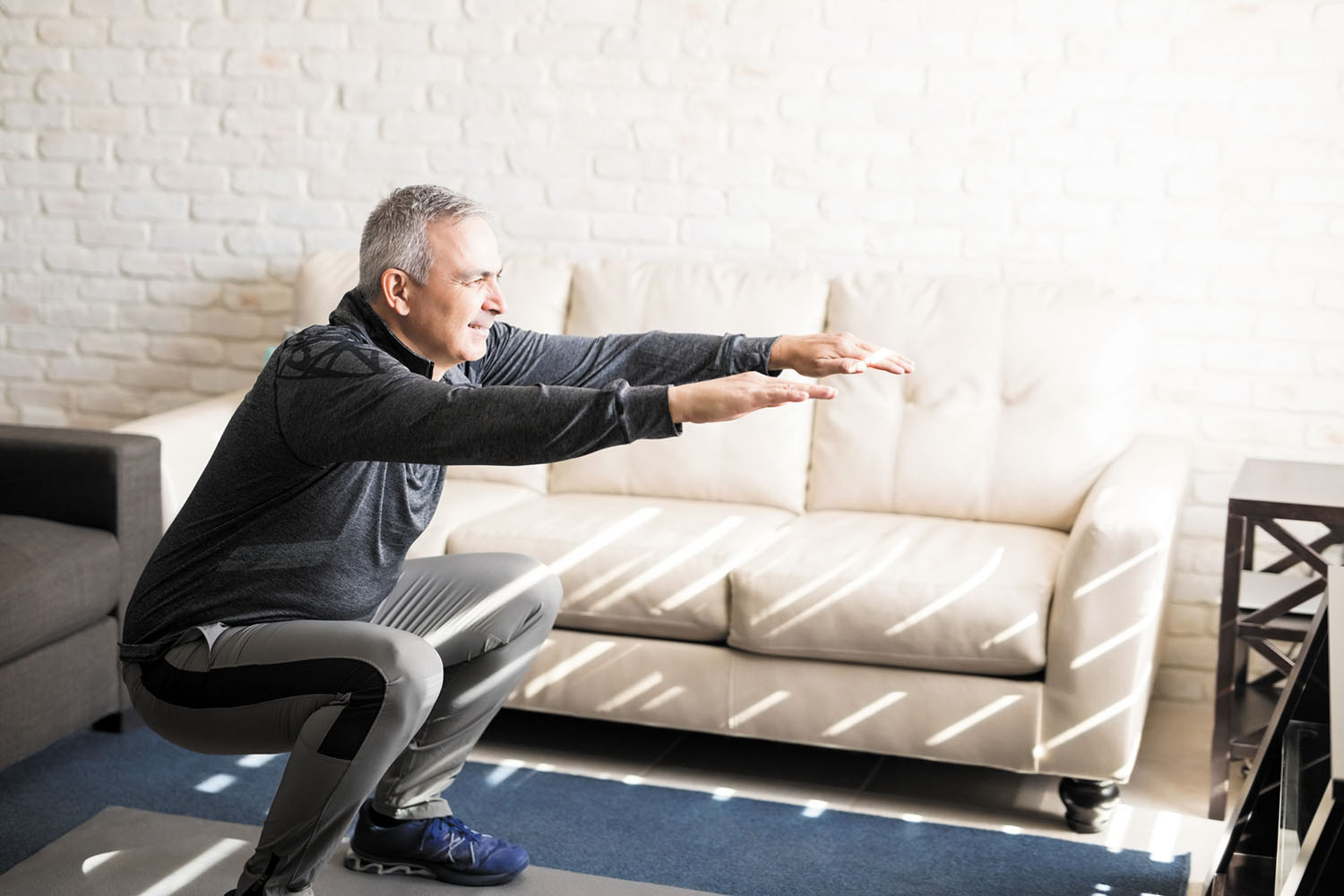
Counting steps is good — is combining steps and heart rate better?

Appendix pain: Could it be appendicitis?

Can saw palmetto treat an enlarged prostate?

How does Ozempic work? Understanding GLP-1s for diabetes, weight loss, and beyond

Zinc: What it does for the body, and the best food sources

Respiratory health harms often follow flooding: Taking these steps can help

Tips to leverage neuroplasticity to maintain cognitive fitness as you age

Can white noise really help you sleep better?

Celiac disease: Exploring four myths

What is prostatitis and how is it treated?
Exercise & Fitness Archive
Articles
The buzz about caffeine and health
What the latest science says about caffeine's influence on your heart, memory, sex life, and exercise performance.
Americans are jolted with caffeine. On average, about 80% of adults take some form of caffeine every day, according to the FDA, usually from coffee, tea, soda, or energy drinks.
But does all that caffeine have any effect on your health — either good or bad? "While caffeine can give you a temporary mental and physical boost, its impact depends on how much you consume and the source," says Dr. Stephen Juraschek, an internal medicine specialist at Harvard-affiliated Beth Israel Deaconess Medical Center.
The mental side of recovery
Dealing with the emotional effects from a physical setback can be a challenge. These three strategies can help.
The physical repercussions of a major health issue, like surgery, an injury, or a heart attack, are tough enough without having to also confront the stress, anxiety, and depression that often accompanies it. Yet managing your mental health is just as important as your physical health when it comes to making a full recovery.
"There is no question that your state of mind can dictate how quickly you can return from a physical setback," says Dr. Jeff Huffman, director of the cardiac psychiatry research program at Harvard-affiliated Massachusetts General Hospital.
No time to exercise? Then take five
You can do an all-around workout in just five minutes if you focus on intensity and target the main muscle groups.
Growing evidence continues to show that high-intensity interval training (HIIT) offers similar — or in some cases even superior — results compared with longer, lower-intensity workouts. With HIIT, you exercise for a short burst at near-maximum effort followed by a brief rest period, and then you continue to repeat the cycle over the next 10 to 15 minutes.
Small workouts, big gains
The main advantage to HIIT is that it takes less time than the traditional workout of 20 to 30 minutes or longer.
Yoga for chronic fatigue syndrome
There are many types of yoga. One of the most popular forms practiced in the United States is known as hatha yoga, a style that focuses on maintaining specific poses. What sets yoga apart from most other exercise programs is that it places as great an emphasis on mental fitness as on physical fitness, what's known as the mind-body connection.
Studies suggest that yoga has benefits for people with Chronic Fatigue Syndrome (CFS), arthritis, fibromyalgia, migraines, low back pain, and many other types of chronic pain conditions. It can also improve mood, which can be helpful to people with CFS who are depressed.
Balanced approach to fitness is key
A walking program is good for you; so is resistance or weight training; balance exercises help improve your athletic abilities and keep you independent.
The current U.S. physical activity guidelines emphasize all three aspects of fitness. Here are the recommendations:
Getting in on the kettlebell craze
The weights add more oomph to your workout, but you'll have to mind some safety rules if you use them.
Exercises photos by Michael Carroll
Move over, dumbbells; kettlebells are cool again. The little weights with handles have been used by athletes around the world for centuries and gained popularity as the staples of 19th-century strongmen. Today, kettlebells have made it to the mainstream as the featured tools in exercise classes and gyms, with home versions of kettlebells available on the shelves of every big-box store.
What's the attraction? "Kettlebells work multiple muscle groups at one time, so you get a lot of bang for your buck with each exercise," says Nancy Capparelli, a senior physical therapist at Harvard-affiliated Beth Israel Deaconess Medical Center.
Spring training: How to move from couch to 5K
Whether you walk or run, participating in a local 5K race can be a good way to enhance your heart health and community spirit.
If you're looking for inspiration to get in shape and strengthen your heart, you might think about doing a couch-to-5K program. These free or low-cost coaching plans (available online or as apps or podcasts) are designed to help would-be runners train for a 5-kilometer race, which is about 3.1 miles. They typically feature timed walking and running intervals that gradually phase out the walking over a period of about nine weeks.
"The purpose of a couch-to-5K program is to give you time to acclimate and start to enjoy the benefits of running and the sense of accomplishment of completing a distance safely," says Dr. Adam Tenforde, director of the Running Medicine Program at the Harvard-affiliated Spaulding Rehabilitation Network. Running provides many cardiovascular benefits as well as an enhanced sense of well-being, he adds.
The lowdown on squats
Here is why squats may be the most important exercise you do.
Image: © Antonio_Diaz/Getty Images
More than half of an average person's day is spent sitting — from watching television to working at a computer — and that time tends to increase as you age and become less active.
All that sitting can have a profound impact on one's health, too. In fact, a study in the Oct. 3, 2017, Annals of Internal Medicine, involving almost 8,000 adults ages 45 and older, found a direct relationship between time spent sitting and a higher risk of early death.
New exercise guidelines suggest older adults try a variety of activities
In the journals
Image: © kali9/Getty Images
For the first time in 10 years, the U.S. government has updated its guidelines for regular physical activity. The guidelines, published in the Nov. 20, 2018, issue of JAMA, still suggest adults get at least 150 to 300 minutes each week of moderate-intensity physical activity, and the more you can do, the better. Examples of moderate-intensity activities include brisk walking, swimming and cycling.
What is new are specific suggestions for certain age groups. For adults ages 65 and older, the report recommends their allotted minutes include multicomponent activities that offer balance training, aerobic exercise, and muscle strengthening, all of which can help older adults reduce their risk of falls. They noted that many recreational activities like dancing, yoga, tai chi, gardening, or sports often incorporate the multiple types of activity you need.
Are workouts safe after a heart attack?
Ask the doctors
Q. My partner recently had a heart attack. The doctor recommended exercise, but I wonder if it's better to take it easy. I feel like exercise might be dangerous or even cause another heart attack. Is exercising too risky?
A. As counterintuitive as it might seem, exercise is good medicine for heart attack survivors. Provided the doctor gives the green light, about two-and-a-half hours of moderate-intensity exercise each week can be beneficial — this is the amount recommended by the American Heart Association. Exercise can start as soon as the doctor gives the okay.

Counting steps is good — is combining steps and heart rate better?

Appendix pain: Could it be appendicitis?

Can saw palmetto treat an enlarged prostate?

How does Ozempic work? Understanding GLP-1s for diabetes, weight loss, and beyond

Zinc: What it does for the body, and the best food sources

Respiratory health harms often follow flooding: Taking these steps can help

Tips to leverage neuroplasticity to maintain cognitive fitness as you age

Can white noise really help you sleep better?

Celiac disease: Exploring four myths

What is prostatitis and how is it treated?
Free Healthbeat Signup
Get the latest in health news delivered to your inbox!
Sign Up











